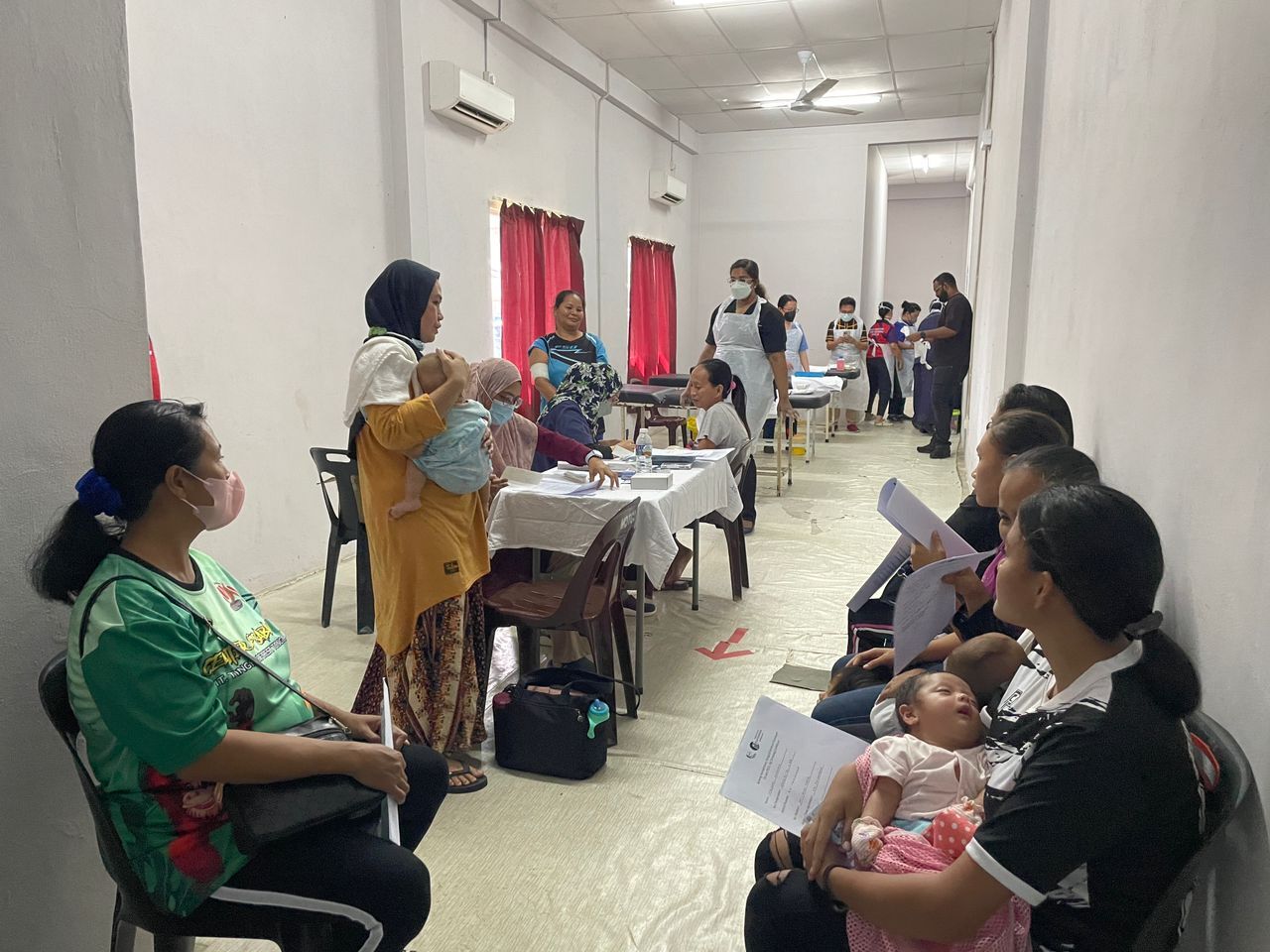KUALA LUMPUR, June 29 – Doctors recently organised a medical outreach programme that provided birth control implants to women in Tongod, Sabah, one of the poorest districts in the country.
The outreach programme organised last Saturday by Sandakan Orthopaedic Association, as well as public health clinics in Telupid, Tongod, and Entilibon, provided 30 fully subsidised Implanon rods – which are long-acting reversible contraception (LARC) – to women in the towns of Tongod and Entilibon in Tongod district.
“This outreach programme is the first of its kind to administer such a large number of Implanon rods,” Sandakan Orthopaedic Association president Dr Timothy Cheng said in a statement.
“Compared to the yearly supply of three to five rods to the whole district of Tongod and some major specialist hospitals in Sabah, 30 Implanon rods is indeed a significant number and has truly made a difference in the lives of the women.”
Dr Cheng pointed out that the district of Tongod is more than two hours’ drive down a pothole-ridden road to the nearest public specialist hospital – Duchess of Kent Hospital, Sandakan.
“Pregnant mothers that suffer from any sudden antenatal emergencies or ill new-born babies that need urgent care often suffer from delayed care due to this distance and lack of basic infrastructure,” he said.
“By preventing unwanted/unplanned pregnancies and all related complications affecting baby and mother, one Implanon is estimated to save RM16 for every RM1 invested in it; which is about RM200,000 through this outreach programme.”
Implanon is a contraceptive implant that provides long-term birth control for women. It is a small, flexible rod that is inserted under the skin of the upper arm, where it releases a steady dose of the hormone etonogestrel.
The birth control implant is extremely effective, with a failure rate of only 0.05 per cent.
The Implanon rod provides contraceptive protection up to three years upon insertion and does not require regular compliance or maintenance to be effective.
It is rapidly reversed by removal; both insertion and removal can be done easily at an outpatient clinic.
In the medical outreach programme, women were pre-screened by maternal and child health staff from Klinik Kesihatan Entilibon and Klinik Kesihatan Telupid. Implanon rods were inserted after a urine pregnancy test and consent-taking or counselling.
The medical outreach programme was sponsored by Organon Malaysia, Kim Loong Sdn Bhd, Kuala Lumpur-Kepong Sdn Bhd, Tatap Kalaga, Telupid state assemblyman Jonnybone J Kurum, Wanita Upko, Estate Masih Jaya, and Persatuan Ortopedik Sandakan
“We hope that this is the beginning of more similar outreach programmes to come – to bring lasting effect and long-term impact to the local communities here in rural Sabah,” Dr Cheng said.








